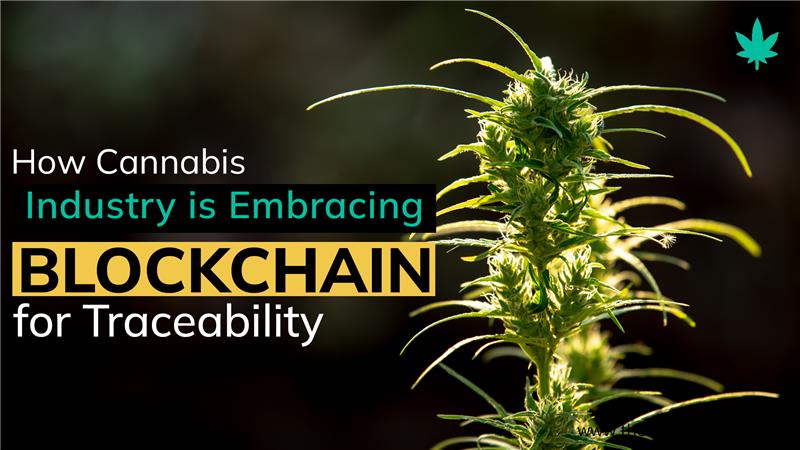The cannabis industry is growing rapidly, but with growth comes challenges—counterfeit products, lack of transparency, regulatory compliance, and consumer trust. This is where blockchain technology steps in. Known for its secure, decentralized, and tamper-proof ledger system, blockchain is helping the cannabis industry achieve end-to-end traceability and better regulatory compliance.
In this article, we’ll explore how blockchain is transforming cannabis supply chains, why traceability is critical, and what the future holds for this powerful combination.
Why Traceability Matters in Cannabis
Unlike many industries, cannabis faces stricter regulations because of its history, psychoactive properties, and varied legality across regions. Traceability ensures that every step—from seed to sale—is recorded, monitored, and verifiable.
Key reasons traceability is vital:
- Consumer safety: Prevents contaminated or unsafe products from reaching customers.
- Regulatory compliance: Governments demand strict record-keeping for cultivation, distribution, and sales.
- Transparency: Builds trust between companies and customers.
How Blockchain Works in Cannabis Traceability
Blockchain acts as a digital ledger where every action (planting, harvesting, testing, shipping, and selling) is recorded securely. Once entered, the information cannot be altered, ensuring accuracy and trust.
Example Workflow:
- Cultivation – Growers record seed origin and planting date on blockchain.
- Harvesting & Processing – Each step (drying, extraction, packaging) is timestamped and logged.
- Testing Labs – Independent labs upload quality test results directly to blockchain.
- Distribution – Transport details (location, time, chain of custody) are tracked.
- Retail & Consumers – Customers scan a QR code on packaging to see full product history.
This seed-to-sale traceability builds consumer confidence and helps regulators ensure industry standards.
Benefits of Blockchain in the Cannabis Industry
- Enhanced Transparency – Every transaction is visible on the blockchain, reducing fraud.
- Improved Compliance – Automates reporting to regulatory bodies.
- Consumer Trust – Shoppers can verify product authenticity by scanning a QR code.
- Supply Chain Efficiency – Reduces paperwork and errors while improving logistics.
- Fraud & Counterfeit Prevention – Each product is uniquely identified and cannot be faked.
Real-World Examples
- Cannabis Supply Chain Solutions: Companies like IBM Food Trust and Hyperledger are adapting blockchain models for cannabis.
- QR Code Packaging: Some cannabis brands already allow customers to scan and trace their product’s journey.
- Smart Contracts: Automating transactions between growers, distributors, and retailers ensures fair, transparent payments.
The Future of Blockchain in Cannabis
As cannabis legalization spreads, blockchain adoption will likely become an industry standard. In the future, we may see:
- Integration with IoT sensors to track plant growth conditions in real time.
- Global blockchain networks for cross-border cannabis trade.
- Smart compliance systems that auto-report to government agencies.
Final Thoughts
The cannabis industry is at a turning point where technology meets trust. Blockchain provides a transparent, tamper-proof system that ensures safety, compliance, and consumer confidence. As adoption grows, it will not just be a trend but a necessity for cannabis businesses to thrive in a regulated, competitive marketplace.
Frequently Asked Questions
Blockchain ensures transparency, regulatory compliance, and product authenticity, making it essential for building trust in the cannabis industry.
Yes, blockchain provides unique identifiers and immutable records, making it extremely difficult for counterfeit products to enter the supply chain.
Consumers can scan a product’s QR code to verify its origin, quality, and safety before purchasing.
Not yet, but regulators in some regions are considering blockchain-based solutions for compliance and reporting.
High implementation costs, lack of standardization, and varying legalization laws across countries are major hurdles.




